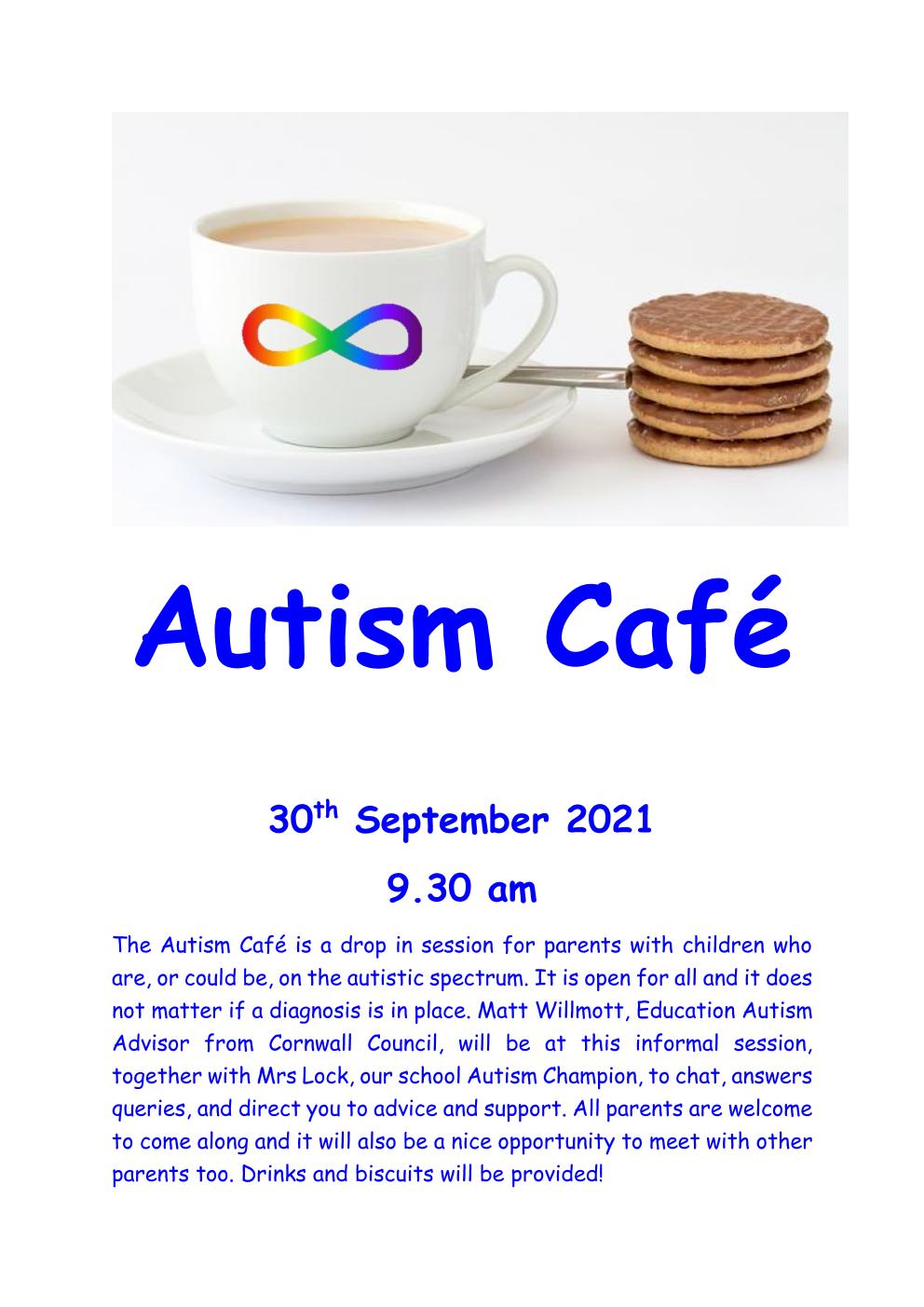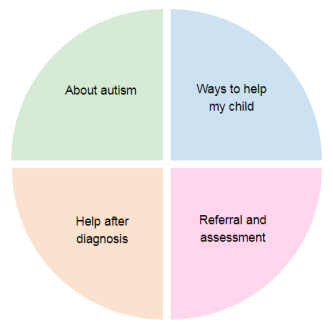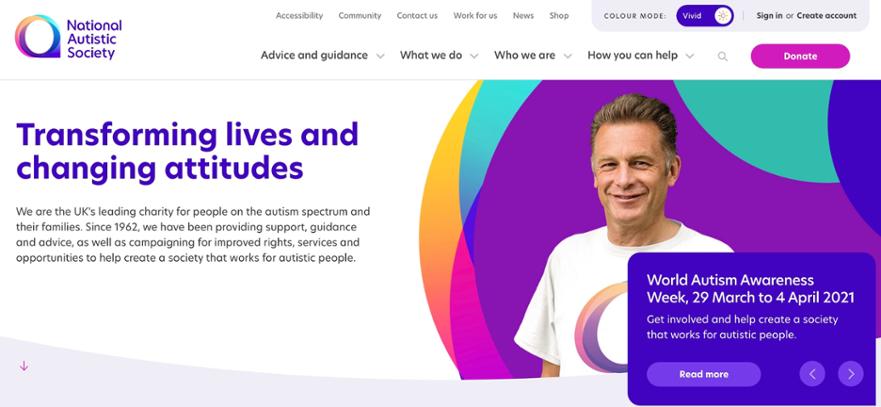Autism
Autism is a neurological difference that impacts how a person develops. There are three main areas of difference:
Communication and interaction: Differences in understanding and expressing communication and language, ranging from some individuals with little speech to those who are very articulate but still find communication hard. There are also differences in social understanding and understanding the feelings of others, which can influence building relationships.
Sensory processing: Differences in processing sensory information, such as touch, smell, hearing, taste, vision, body balance and body awareness. Some individuals may react more strongly to these (hyper-sensitive), while others may seek these stimulations (hypo-sensitive).
Flexible thinking and information processing: Differences in planning and processing information. This can influence generalisation and understanding of concepts. There may also be intense interest in specific topics or areas.
These differences could also bring some unique skills and talents, which could provide a different way of understanding and being. To acknowledge this difference, none of the resources in this suite use the word ‘disorder’. We have used the word autism or autism spectrum. Some people on the autism spectrum consider autism as the core of their self-identity and prefer using identity-first language, such as ‘autistic person’. Others feel that autism does not define them as an individual and prefer individual-first language, such as ‘person with autism’. In acknowledgement of these differing views and the fact that most of the research around preference of terminology does not include children’s voices, we have used a combination of terminology based on whether the resource is for adults or children.
Autism Wheel
The Wellbeing and Autism Wheel has been designed in Cornwall to assist parents in finding helpful services and resources for their child, who may be on the Autistic spectrum or have a similar condition.
This Wheel has been created in partnership with the NHS, Autistic Spectrum Disorder Assessment Team, Speech and Language Therapists and Occupational Therapists. It is being developed as a new centralised point of information, advice and guidance for professionals, parents, carers, children and young people. It has been created in response to feedback from families, professionals and young people when they were consulted as part of Cornwall's Autism Strategy.
How can it be used?
- Create an individual plan based upon your child's needs
- Browse over 150 resources providing practical activities to try at home, school ad in the community
- Share with professionals as evidence of what you have tried and how you have been supported in your journey so far
- Find out about the ins and outs of an assessment, including the initial referral process and how a diagnosis is made
- See the support available both with and without a diagnosis and find services that can support your child today
- Find out what is available to support parents and carers
You can find out about:
- Autism and similar conditions
- Support parents and carers
- Early years support
- Help at school
- Hearing, sensory, sleep, daily living skills
- Friendships and relationships, understanding emotions, communication and interaction, non-verbal communication
- Mental health, challenging behaviour, transitions
- Autism referral and assessment
- Support after diagnosis
- Financial support
Family Support
Get Together Cornwall
Get Together-Cornwall, providing support to people and their families diagnosed with Autism, Aspergers or other medically related disabilities such as Charcot-Marie-Tooth Disease (CMT). Based in Bodmin but available to access county wide.
www.gettogethercornwall.org.uk
The Group (Bodmin) Facebook presence.
Get together group for disabled children, their siblings & their parents/carers
PDA Together, Cornwall & Devon Facebook group. PDA Together | Facebook
National Autistic Society – Parent to Parent
Telephone support line with National Autistic Society.
National Autistic Society
They are the UK's leading charity for people on the autism spectrum and their families. Since 1962, they have been providing support, guidance and advice, as well as campaigning for improved rights, services and opportunities to help create a society that works for autistic people.
As part of autism awareness week, the National Autistic Society listed 5 things they want everyone to understand about Autism that Autistic people and families say are most important to them:
1. Feelings of anxiety about changes or unexpected events
2. Being under or oversensitive to sound, smells, light, taste and touch
3. Needing time to process information, like questions or instructions
4. Facing high levels of anxiety in social situations
5. Having difficulties communicating with and interacting with others
https://www.autism.org.uk/what-we-do/news/5-things-about-world-autismawareness-week
| National Autistic Society |


